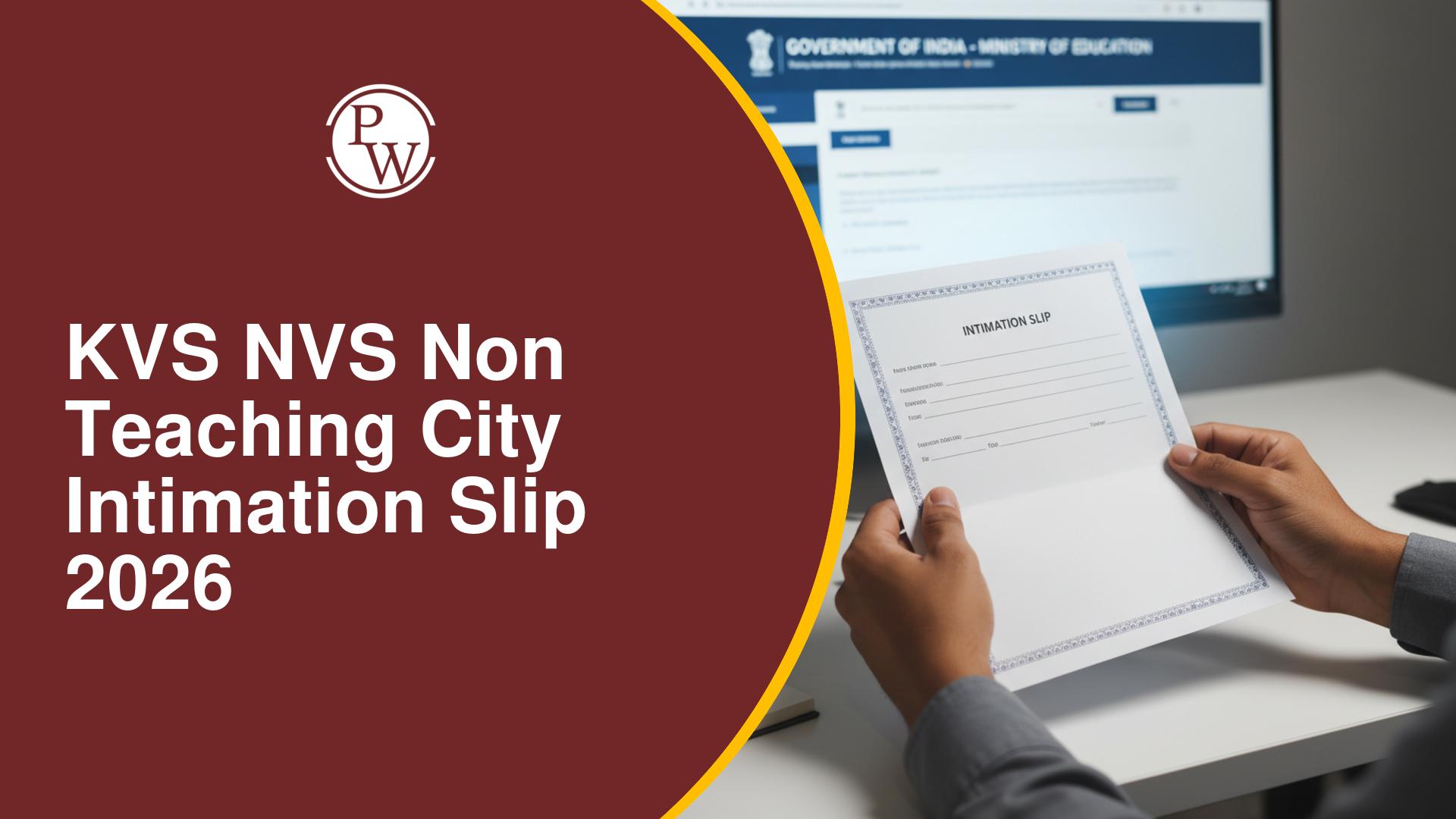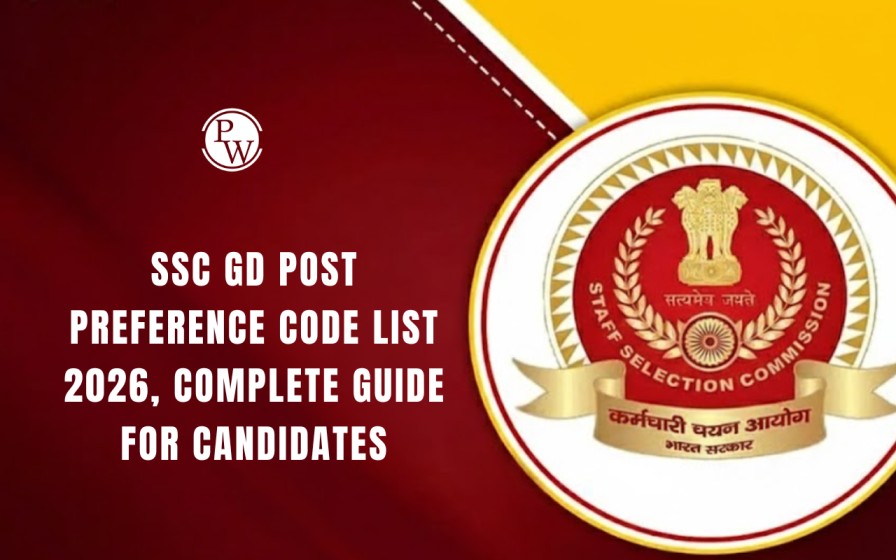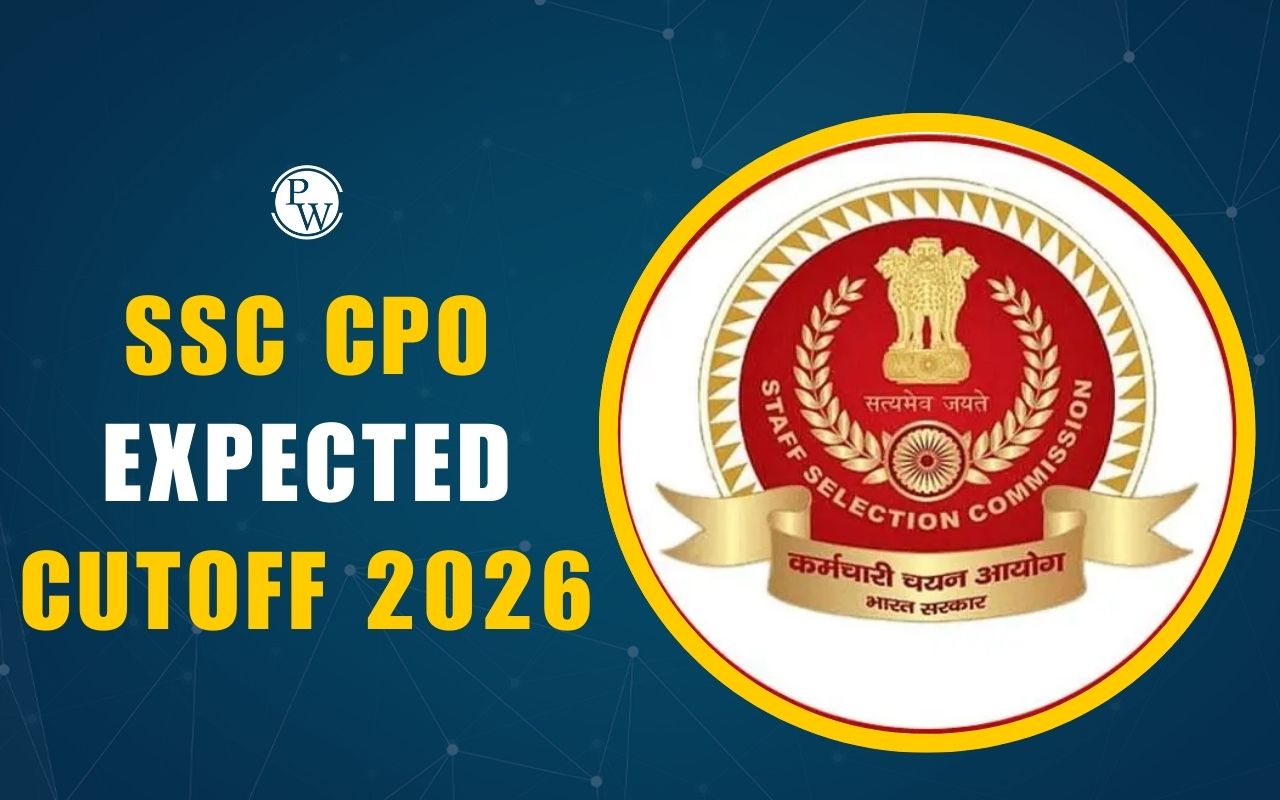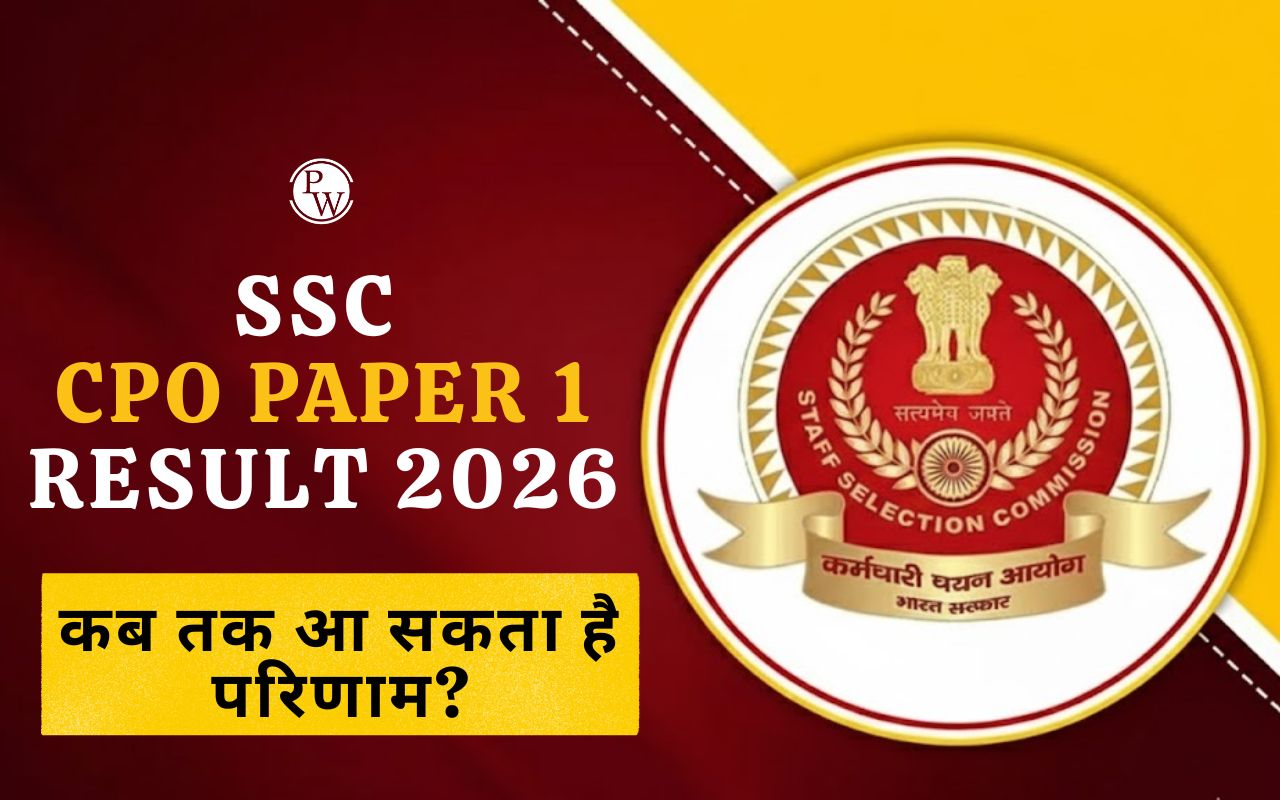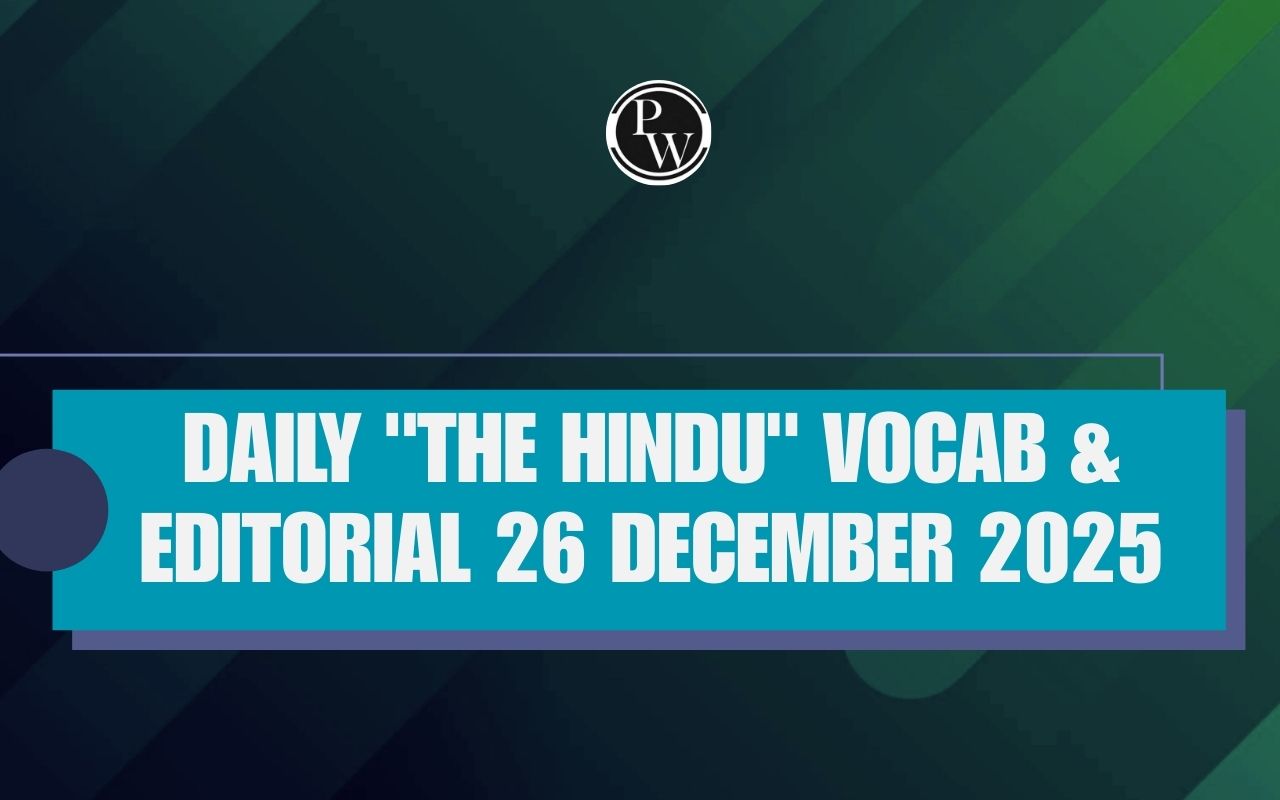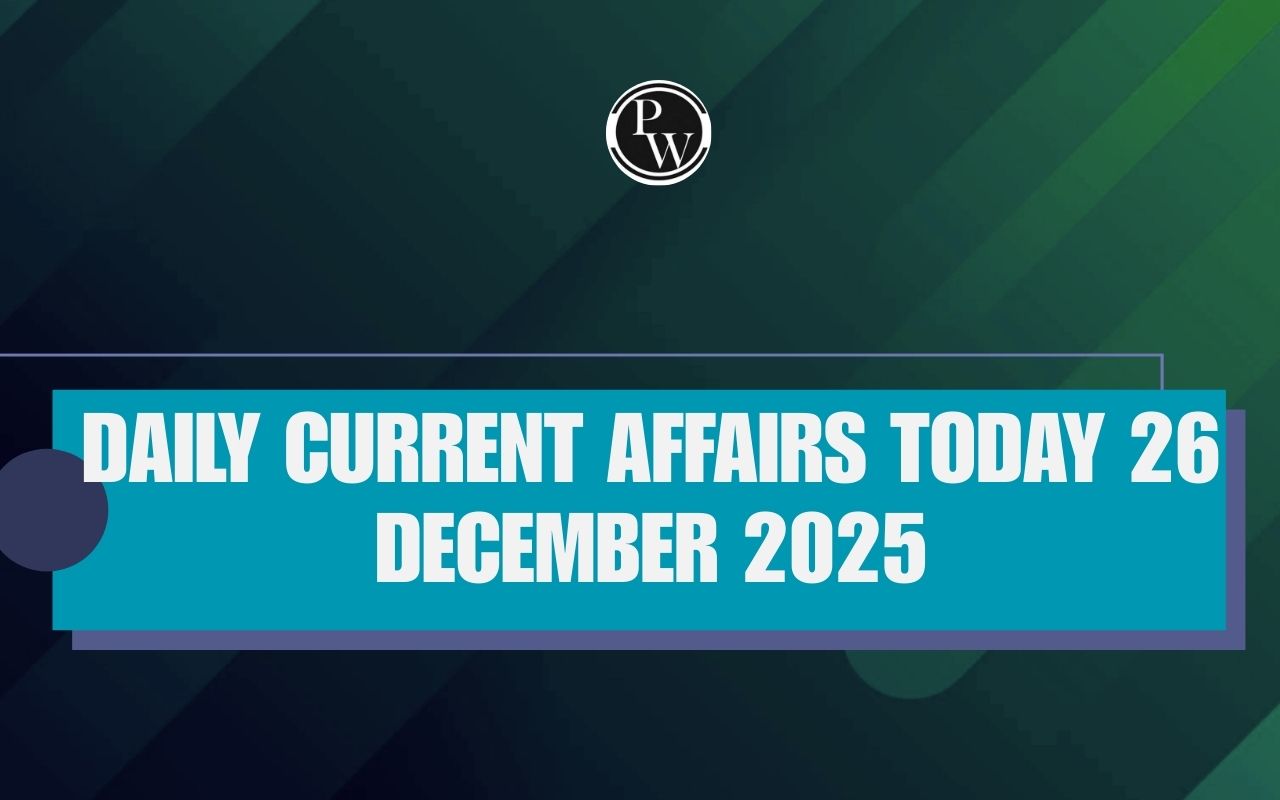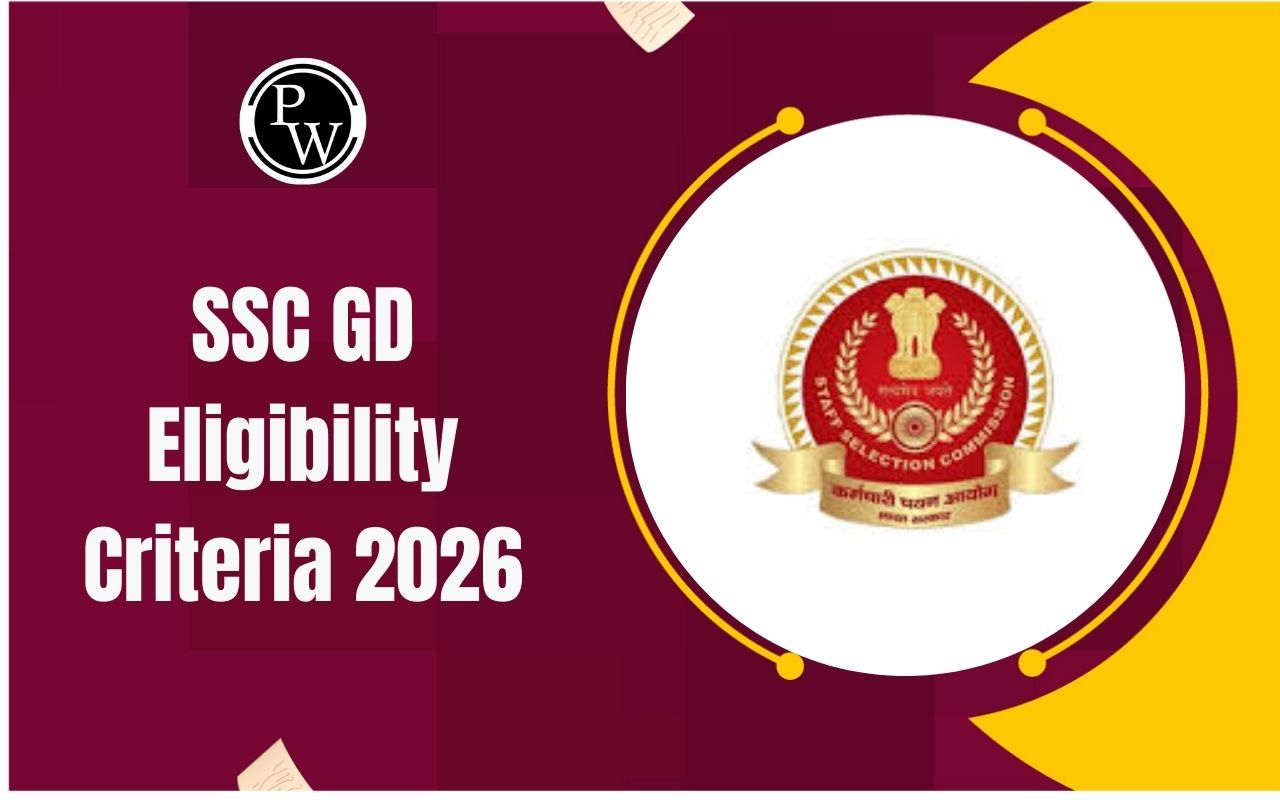
Swaraj Party: The Swaraj Party began as the Congress Khilafat Swaraj Party. It started on January 1, 1923. C R Das and Motilal Nehru created this political group. They proposed new ideas to Congress, but their suggestions were not accepted, so they left and established their own group called the Congress Khilafat Swaraj Party, later known simply as the Swaraj Party.
Things like the Government of India Act of 1919, the 1923 elections, and some other important happenings led to the making of the Swaraj Party. This party stood up against British rule, aiming to grant Indians more freedom in running their own affairs.Swaraj Party
In 1923, C R Das and Motilal Nehru started the Swaraj Party, also called the Congress-Khilafat Swarajya Party. This political group was born after significant events like the Government of India Act in 1919 and the 1923 elections. It was created in India on January 1, 1923, following the National Congress conference in Gaya in December 1922. The party's name, 'Swaraj,' means 'self-rule' or 'independence.' CR Das led as the party's President, while Motilal Nehru served as its secretary. Their goal was to participate in elections, aiming to join the legislative council and challenge foreign rule.Swaraj Party History
The end of the Non-Cooperation Movement caused a lot of confusion among the National Conference members. Some wanted to keep going with the movement, while others preferred to join elections and stop avoiding the legislature. The first group, called the no-changers or orthodox Gandhians, included leaders like Rajendra Prasad, Sardar Vallabhai Patel, and C Rajagopalachari. On the flip side, there were leaders like C R Das, Motilal Nehru, and Srinivasa Iyengar, known as the pro-changers or Swarajists, who wanted to challenge the British government and get into the legislative council. In 1922, CR Das suggested joining the legislatures at a meeting in Gaya, but the idea got rejected. This caused a split in the National Congress, leading to the formation of the Swaraj Party by the pro-changers. But this victory for the no-changers didn't last long because Hindu-Muslim riots in 1923 changed the political scene drastically. These riots were a tough situation for both groups, the no-changers and the pro-changers. Following Gandhi's plea, they decided to stick with the National Congress but work differently. In September 1923, there was a special Congress meeting in Delhi where members were allowed to take part in elections under Maulana Azad's leadership. They were also encouraged to focus more on Gandhi's constructive program. This prevented the split of the National Congress.Swaraj Party Formation
After the non-cooperation movement stopped in 1922, leaders in the Congress Party had different opinions. Some wanted to keep boycotting the government meetings, while others wanted to join and participate in elections. The first group was called 'no-changers,' and the second group was called 'pro-changers.' C R Das led the Congress’s Gaya session in 1922 and suggested that they should enter the parliament, but this idea was turned down. Later, Das, along with other politicians, started the Congress-Khilafat Swarajya Party. Nehru was one of the secretaries and also served as president.Swaraj Party Aims
The Congress-Khilafat Swarajya Party, also known as the Swaraj Party, had several goals in mind:Achieving Self-rule
They aimed to gain dominion status and the right to create their own constitution.Taking Charge
They wanted control over the bureaucracy and full autonomy within provinces.Empowering the People
Their focus was on giving citizens the ability to govern the machinery of the government.Societal Organisation
They worked towards organising industrial and agricultural labour and managing local governmental bodies.External Influence
They sought to create an agency for spreading their message beyond the country's borders.Regional Collaboration
They aimed to establish a federation of Asian nations to boost trade and commerce.Supporting Constructive Initiatives
They were involved in the positive programs of the Congress to bring about meaningful change.Swaraj Party Objective
The Swaraj Party aimed to liberate India from British control and establish self-rule, known as Swarajya. They wanted to participate in the council to support the "Non-Cooperation movement" and make it successful. Their main aim was to strongly oppose the government's policies and disrupt its functioning to compel a change in those policies. They aimed to obstruct British rule and make it challenging for the government to carry out its duties. They planned to nullify the government's budget by joining the council and introducing new policies and lawmakers to strengthen the nation. Additionally, they wanted to pass laws in the council to give more power to the country and reduce the control of the bureaucracy. They were also willing to step down from positions when necessary and encourage productive work beyond the council.Swaraj Party Significance
Gandhiji and both the people who wanted change and those who didn't all understood that working together was important to make the government change its ways. They decided that the Swarajists, a part of the Congress Party, would run in elections as their own special 'group.' In 1923, the Swaraj Party won 42 seats out of 104 in the Central Legislature. Their plan was to stop the government from making decisions by creating problems for every idea they had. They refused to go to any events hosted by the government and used the Legislative Assembly to talk about what they wanted and why they were unhappy.Swaraj Party Work
The Swaraj Party wanted to join the legislative council, but that wasn't their only goal. The leaders who started this party had more in mind than just entering politics. They also wanted to make society better by improving how things worked for people, and Gandhi called this their 'constructive program.' Gandhi wanted independence, and he had two main ways of getting there: doing political things and working on programs to build a better society. The Swarajists didn't ignore Gandhi's idea of making things better for society. They thought that even though they were in the council, someday they might have to leave and join the civil-disobedience movement with those who didn't want to make changes. So, they supported Gandhi's idea of making things better for society, even though they didn't always agree with everything he said.Swaraj Party Decline
In 1924, the energy and enthusiasm started to fade away. Between 1925 and 1927, the Swarajists lost their spirit and support. They couldn't carry out their plan to continuously disrupt the legislatures. Losing C R Das in 1925 made things even worse for the party. New political opportunities emerged when the Simon Commission was announced in late 1927, and Lord Birkenhead urged Indians to create a constitution accepted by everyone. During the Calcutta Congress of 1928, complete independence became the goal if the British Government didn't approve the Nehru Report by December 31, 1929. This sidelined the Council Entry program in the changing political scene.Growing Communal Politics
The tension between Hindus and Muslims complicated matters. Some groups within the supposedly secular party represented reactionary interests. Hindus felt the Congress threatened their concerns. The Hindu Mahasabha's actions weakened the Swarajist viewpoint. Muslim former Congress members contested elections as Muslims, not Swarajists, showing the Muslim community's separation from the Congress.Desire for Power
The Swarajists' downfall was also fueled by the temptation of power. Initially planning to challenge the bureaucracy fiercely, they eventually shifted from opposition to cooperation after entering councils.Internal Conflicts
Disagreements split the Swaraj Party's members. Trust issues weakened their credibility. Some Swarajists ran as independents when denied party tickets. The party was divided between those wanting to work with the government and those, like Motilal Nehru, who chose to leave the legislature in 1926.Swaraj Party Limitation
The group inside the Assembly couldn't work together with the larger freedom movement happening outside. They mostly relied on newspapers to share their work and ideas from the Assembly with everyone else. Some of them got caught up in the privileges of their positions. For instance, Motilal Nehru and A Ramaswamy Iyengar took up roles in committees. Their approach of causing delays and problems had its own issues. When C R Das passed away in 1925, it weakened their group even more. Inside the Swarajist party, there were disagreements. Some wanted to cooperate with the government and take up positions, while others, like Motilal Nehru, chose to leave legislative bodies in 1926. By the time the 1926 elections arrived, the party was in chaos, and it didn’t do well as a result. Not standing by the concerns of farmers in Bengal caused them to lose support from many members. Eventually, in 1935, the party joined forces with the Congress. To succeed in upcoming exams, candidates should consider exploring PW SSC Books We provide high-quality content at an affordable price, including sample papers, mock tests, guidance sessions, and more to ensure aspirants secure their selection. Also, enroll today on SSC Online Coaching to turn your dreams into reality.| Other Related Links | |
| Tiger Reserves in India | National Parks in India |
| Biosphere Reserves in India | Elephant Reserves in India |
Swaraj Party FAQs
Q1. Which party is known as Swaraj Party?
Ans. Congress-Khilafat Swaraj Party is known as Swaraj Party.
Q2. Who is the founder of the Swaraj Party?
Ans. Chitranan Das and Motilal Nehru are the founders of Swaraj Party.
Q3. Who first asked Swaraj?
Ans. Dadabhai Naoroji demanded Swaraj as national demand for the first time at the Calcutta session of Congress in 1906.
Q4. Where was the Swaraj Party established?
Ans. After the Gaya annual conference of the National Congress in December 1922, the Swaraj Party was established as the Congress-Khilafat Swaraj Party in India.
🔥 Trending Blogs
Talk to a counsellorHave doubts? Our support team will be happy to assist you!

Check out these Related Articles
Free Learning Resources
PW Books
Notes (Class 10-12)
PW Study Materials
Notes (Class 6-9)
Ncert Solutions
Govt Exams
Class 6th to 12th Online Courses
Govt Job Exams Courses
UPSC Coaching
Defence Exam Coaching
Gate Exam Coaching
Other Exams
Know about Physics Wallah
Physics Wallah is an Indian edtech platform that provides accessible & comprehensive learning experiences to students from Class 6th to postgraduate level. We also provide extensive NCERT solutions, sample paper, NEET, JEE Mains, BITSAT previous year papers & more such resources to students. Physics Wallah also caters to over 3.5 million registered students and over 78 lakh+ Youtube subscribers with 4.8 rating on its app.
We Stand Out because
We provide students with intensive courses with India’s qualified & experienced faculties & mentors. PW strives to make the learning experience comprehensive and accessible for students of all sections of society. We believe in empowering every single student who couldn't dream of a good career in engineering and medical field earlier.
Our Key Focus Areas
Physics Wallah's main focus is to make the learning experience as economical as possible for all students. With our affordable courses like Lakshya, Udaan and Arjuna and many others, we have been able to provide a platform for lakhs of aspirants. From providing Chemistry, Maths, Physics formula to giving e-books of eminent authors like RD Sharma, RS Aggarwal and Lakhmir Singh, PW focuses on every single student's need for preparation.
What Makes Us Different
Physics Wallah strives to develop a comprehensive pedagogical structure for students, where they get a state-of-the-art learning experience with study material and resources. Apart from catering students preparing for JEE Mains and NEET, PW also provides study material for each state board like Uttar Pradesh, Bihar, and others
Copyright © 2025 Physicswallah Limited All rights reserved.
Get App

